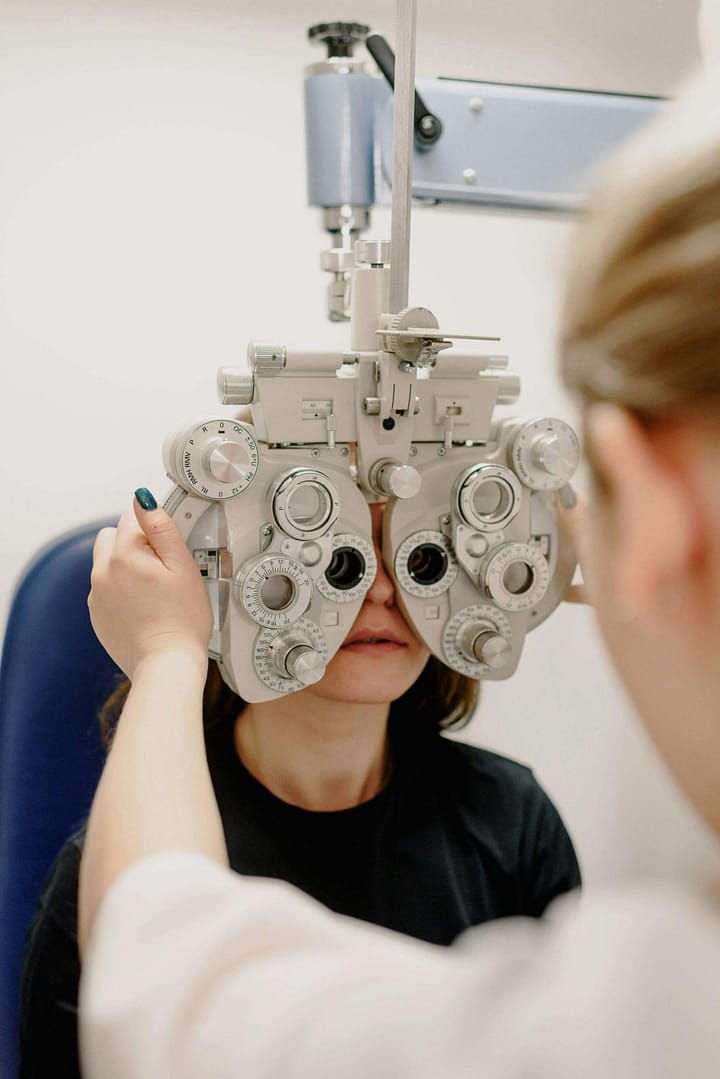Ophthalmologist negligence can have devastating consequences, from temporary vision impairment to permanent blindness. Understanding the most common errors and taking proactive steps can help safeguard your eye health. We will also highlight how you can start a medical negligence claim.
Misdiagnosis and Delayed Diagnosis
A frequent error in ophthalmology is the misdiagnosis or delayed diagnosis of eye conditions. This can occur due to a variety of reasons, such as inadequate examination, failure to order necessary tests, or misinterpreting test results.
Conditions like glaucoma, macular degeneration, and retinal detachment can progress rapidly if left untreated, leading to irreversible vision loss. Early detection and accurate diagnosis are crucial for timely intervention and optimal treatment outcomes.
Surgical Errors
Surgical errors during eye procedures can also result in ophthalmologist negligence. These errors can range from incorrect surgical techniques to complications arising from anaesthesia or post-operative care.
Cataract surgery, LASIK, and other refractive procedures carry inherent risks, but preventable surgical errors can exacerbate these risks and lead to unintended consequences. Meticulous surgical planning, adherence to established protocols, and open communication with patients about potential complications are essential to minimize surgical errors.
Medication Errors
Medication errors in ophthalmology can occur in various forms, including prescribing the wrong medication, incorrect dosage, or failure to consider drug interactions. Certain eye medications can have serious side effects, especially when used inappropriately.
Thorough patient history review, accurate documentation of allergies, and careful monitoring of medication response are crucial to prevent medication errors and ensure patient safety.
Failure to Obtain Informed Consent
Informed consent is a fundamental principle in medical practice. Ophthalmologists are obligated to provide patients with comprehensive information about the risks, benefits, and alternatives of proposed treatments or procedures.
Failure to obtain informed consent can constitute negligence if a patient suffers harm from a treatment or procedure they were not fully informed about. Open and transparent communication with patients about their options, ensuring they understand the potential outcomes, is essential to uphold ethical standards and protect patient autonomy.
Communication Breakdowns
Effective communication between ophthalmologists and patients is vital for establishing trust, managing expectations, and achieving desired outcomes. Communication breakdowns can occur at various stages of care, from initial consultation to post-treatment follow-up.
Inadequate explanation of diagnoses, unclear instructions regarding medication or follow-up care, and failure to address patient concerns can lead to misunderstandings, non-compliance, and ultimately, adverse outcomes.
Avoiding Ophthalmologist Negligence
While ophthalmologist negligence can have severe consequences, there are proactive steps patients can take to minimize their risk and protect their eye health:
- Choose a Qualified Ophthalmologist: Research the credentials, experience, and reputation of potential ophthalmologists. Look for board certification, specialization in your specific eye condition, and positive patient reviews.
- Ask Questions: Don’t hesitate to ask questions about your diagnosis, treatment options, potential risks and benefits, and recovery process. If you feel unsure or confused, seek clarification until you have a clear understanding.
- Get a Second Opinion: If you have doubts about your diagnosis or proposed treatment, consider getting a second opinion from another qualified ophthalmologist.
- Follow Instructions: Carefully follow your ophthalmologist’s instructions regarding medication, follow-up appointments, and post-treatment care. Report any unusual symptoms or concerns promptly.
- Maintain Regular Eye Exams: Regular eye exams are crucial for early detection and prevention of eye diseases. Follow your ophthalmologist’s recommended schedule for checkups, even if you don’t experience any symptoms.
Making a Medical Negligence Claim with National Claims
At National Claims, we understand the devastating impact that medical negligence can have on your life and the lives of your loved ones. If you believe you or a family member has suffered harm due to substandard medical care, such as misdiagnosis, surgical errors, medication errors, or delayed treatment, we are here to help you by connecting you with a solicitor from our panel who will be able to assess your case.
Free Consultation
We recognise that every medical negligence case is unique, and we’re here to offer you a free, no-obligation consultation to discuss your specific situation. During this consultation, we’ll listen attentively to your experience, and assess the potential strength of your claim. Our team will then connect you with a qualified solicitor from our panel who specialises in medical negligence claims, ensuring that you receive the expert legal representation needed to pursue your case effectively.
*Customers pay up to 25% (incl. VAT) of the amount recovered towards solicitor costs and if you cancel outside your cooling off period, you may be charged a fee.
Contact us today to speak to one of our claims agents who will be able to help you get started on your claim.
Click below to see why we are one of the most trusted claims management companies in the UK.

We’re proud of our excellent customer reviews
We thrive on delivering exceptional service and ensuring our clients’ satisfaction. Don’t just take our word for it. Check out some of our independent reviews to see what our clients have to say.
Excellent

This firm is excellent, they sorted out my car pay out and injury claim very fast, they always communicate with you all the time.

My accident case was dealt with confidence and with great result of the outcome, especially James kept me informed all the time.

I was very impressed at the way my inquiry was treated. I was listened to attentively and everything I needed to know was explained to me.






